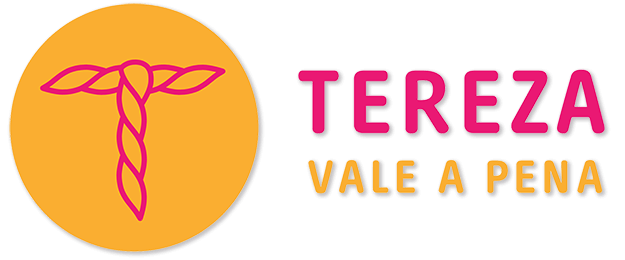Tereza began as a brand created to market products from inmate cooperatives established within Brazilian penitentiaries by the Humanitas360 Institute. As this ecosystem evolved, Tereza took on a life of its own. Today, we are a nonprofit social enterprise: part of our production is produced by these cooperatives, as well as by women ex-prisoners working as freelancers in various parts of the country, in addition to the ex-prisoners who work as collaborators in our workshop and store in the Pinheiros neighborhood of São Paulo.
”"”"Tereza" is the name prisoners give to improvised ropes made from tied sheets, used in escape attempts. Today, it has become synonymous with quality products. Tereza continues to signify freedom—not temporarily, but permanently, offering vulnerable people an alternative to crime through networking.
How it all began…
Our first product line was developed by women inmates at Tremembé Women's Penitentiary 2, in the interior of São Paulo state, who participated in the Lili Social Cooperative, the first incubated by the Humanitas 360 Institute. The co-creation work was coordinated by designers Renato Imbroisi and Cristiana Pereira Barretto, with facilitation from the H360 team. Most of the inmates had no prior knowledge of cutting, sewing, crocheting, or embroidery. Renato and Cristiana led four week-long technical training workshops for the cooperative members, with the support of artisans Sonia Maria Leal Bento and Terezinha Mendes dos Santo, and the voluntary collaboration of designers Camila Testa Stifelmann, Gisela Allegro Baptista Bilyk, restorer Isabel Milani, and visual artist Paulo Von Poser.
This process of co-creation and technical training lasted four months. Throughout this period, and for more than a year and a half afterward, the Humanitas360 Institute team visited the prison unit weekly to develop the cooperative's incubation work, supporting participants in management, purchasing and controlling inputs, inventory, quality control, financial administration, and revenue sharing. Funding for the project's development was provided by H360 and renowned international human rights institutions.
…and how the Tereza brand grew, matured and transformed into a social business.
The growth of the Humanitas360 Institute's social cooperative ecosystem demonstrated the need to spin off this brand, created within H360, to become an independent company. Thanks to this, women members can now receive compensation as soon as they deliver the products ordered by our company. And as a social business, Tereza is non-profit; any surplus funds are reinvested in the project.
